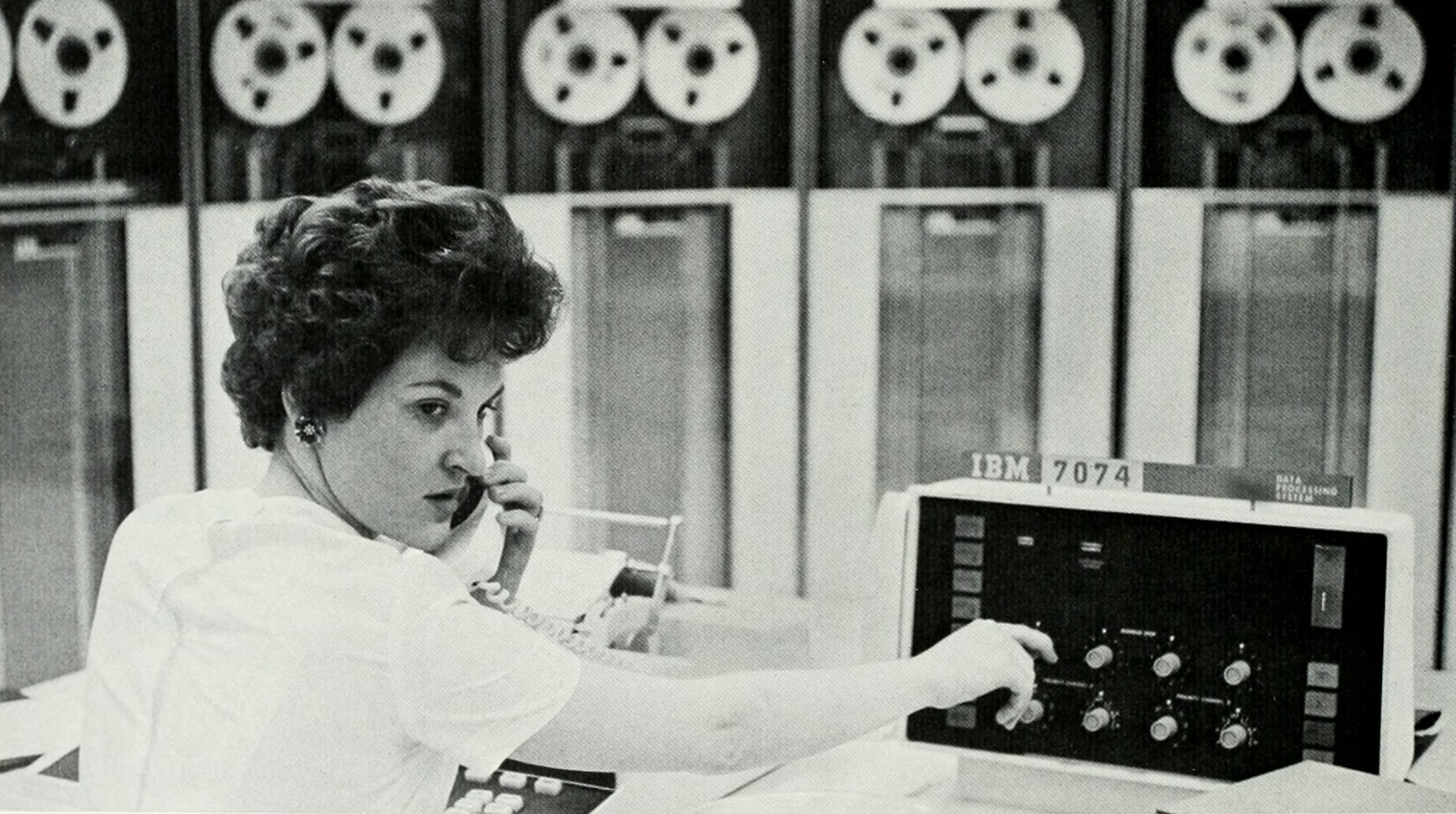Last year I published an article on how to start your online communication, for free. But the hardest part are not the tools. What seems to bring the biggest struggle is the Digital Communication Strategy:
- What should I tell my clients?
- How should I say it?
- To whom must I broadcast my message to?
A Digital Communication Strategy is just an extension of your “regular” Communication Strategy. It should be included in the latter one. Most elements will be the identical, actually only the goals, channels and KPI will be different.
Here are a couple of questions that can help you define who is your audience and what you want to tell them. You can use this template to construct your Strategy. For a small organisation it should be sufficient.
Product / service
What service do you offer?
Describe the product you are offering.
What makes your product/method/service unique?
How is your product different from all the others already available? Does it have special features or is it in the approach of your service? What do the clients love about your product?
Target Audience
Who is your target audience?
Are those french speaking lifestyle journalists or maybe young couples who need a new kitchen? Try to be precise and focused. Hint: everybody/grand public is not the good answer, never. Do you maybe also have a secondary target audience?
Where is your audience?
Almost all age groups are on Facebook, but not everyone reads Bilan nor posts pictures on Tumblr. Try to figure out where your target audience is active online. Which web service are they using?
What does your ideal client look like?
If you where extremely lucky and could choose the perfect client, how would he look like?
Message & Positioning
What is your message?
How do you want to be perceived? What must you audience remember? Your message can be carried with words (name, slogan, texts) but also with visuals. An old polaroid or a very clean studio photo does not carry the same emotion.
What is your positioning?
Why are your different? What makes you unique? Why should client choose you?
Which problems do your solved?
How do you help your clients? Which pain do your relieved?
Goals & KPIs
What is your goal?
Selling more products? Get more donations? Attract your fans to your concert? Establish yourself as an expert in a specific field?
How will you measure your success?
Define Key Performance Indicators (KPI) but try to avoid vanity metrics. Most of the time the number of visitors or fans on Facebook are not good indicators. They will just make you feel “liked/famous”. What you need to measure are important indicators for your organisation. Metrics that indicate that your are in the right direction to reach your goals defined previously.
Some example:
- Number of new contacts you received via your contact form (leads, requests for conferences, mentions on newspaper’s websites).
- Number of donations or the ratio of donation vs Visitors
- Number of people who attended your shows which heard it via your site (could be measured via an offline survey at the entrance).
Read more about this topic: Vanity vs Actionable metrics
Channels
Which channels are the most suitable?
Do you need a newsletter? Or maybe should you invest time in a Snapchat profile?
At which frequency?
A Twitter account with 1 post per week is not efficient (even though you should make one, to book the space and create a backlink).
For which target audience?
Maybe one target group is more active on Snapchat that on Linkedin? But maybe you still need both.
Organization
I won’t develop this too much in this post. But a Digital Communication Strategy without someone in charge, a plan and actions to be taken for the upcoming month won’t lead to much results. Just sayin’
Additional resources
- Communication Strategy Template in Google Docs
- Launch your digital Communication, for free
- Understanding your Customer Journey
Do you need help defining you Digital Communication Strategy? Contact me.


